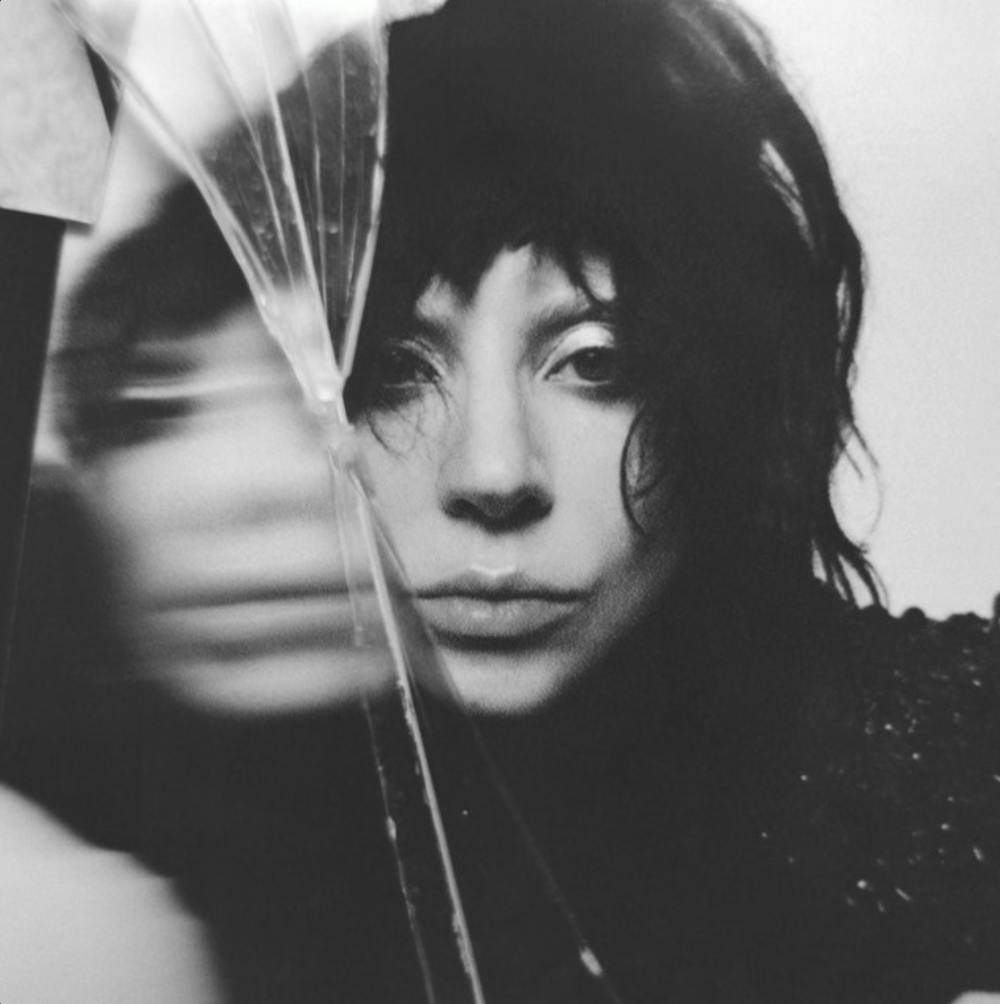On Friday, March 7, Lady Gaga released her seventh studio album “MAYHEM.” The record has been touted as a return to the eccentric, dark-pop sounds of her early work after a decade of experimentation with various other genres, including jazz and country.
The album’s lead single “Disease” is a boisterous track with influences from industrial music and EDM. In both its content and mood, the song is reminiscent of Gaga’s 2009 project “The Fame Monster,” with lyrics about healing a wounded lover and a dark, passionate eroticism. Thanks to its frenetic production and Gaga’s unabashed confidence, “Disease” is easily her best lead single since “Born This Way.”
“Abracadabra,” the record’s second single, has garnered much attention online, with fans heralding the return of Gaga’s androgynous persona that completely upended the 2009 pop music scene. Its robotic hook immediately recalls some of Gaga’s biggest hits, such as “Poker Face” and “Bad Romance,” making for an immensely catchy pop song.
“Garden of Eden” is a standout track on “MAYHEM.” Gaga reveals her desires to a stranger on the dance floor with the sassy wit that defined her early sound. She revels in the nightlife like on her debut single “Just Dance.” The production is incredibly late 2000s, with sleazy synths and raucous drums fitting in perfectly with the growing electroclash revival.
On “Perfect Celebrity,” Gaga addresses the toll that almost two decades in the spotlight has taken on her mental health and self-perception. This is one of the most industrial tracks on the album, with ominous, gothic production reminiscent of Depeche Mode and Nine Inch Nails.
“Vanish Into You” has a clear disco influence, with Gaga embracing the all-consuming love she feels for someone — presumably her fiancé Michael Polansky, who has songwriting credits on several “MAYHEM” tracks, including this one.
“Killah,” featuring French DJ Gesaffelstein, is a funk-infused pop song with a blatant eroticism that immediately recalls Prince and a guitar riff that is reminiscent of the one on “Fame” by David Bowie. Both rock icons are noted influences on Gaga’s sound and aesthetic, so it is only natural that she should pay homage here. However, she switches things up in the song’s latter half, with an instrumental break that sounds like a mix between ‘90s dance music and a video game soundtrack.
“Zombieboy” opens with a cheery hook that recalls Gwen Stefani’s “Hollaback Girl.” Gaga morphs Stefani’s hit into her own creation, which continues the funk and disco sounds of the prior two tracks.
While it is certainly reminiscent of ‘80s pop, “LoveDrug” is equally indebted to the lyrical content of Gaga’s early work. The title alone feels like a reference to “LoveGame.” Like many of her songs, “LoveDrug” finds Gaga begging her lover to make her feel alive.
“How Bad Do U Want Me” continues the ‘80s-influenced section of “MAYHEM,” with a clever sample of “Only You” by Yazoo and a euphoric chorus that immediately drew comparisons to Taylor Swift’s pop output, according to Rolling Stone.
On “Don’t Call Tonight,” Gaga sings with punkish aggression, recalling “Born This Way” tracks like “Marry the Night.”
“Shadow of A Man” is the highlight of the latter half of “MAYHEM,” with a rapid-fire chorus reminiscent of Michael Jackson’s “Wanna Be Startin’ Somethin.’” Gaga’s ability to emulate the King of Pop at the height of his powers is a testament to her talent as a musician and her knowledge of music history. Gaga knows what has worked in the past and incorporates it into her work in refreshing new ways.
Get content from The Daily Lobo delivered to your inbox
The album ends with three subdued tracks: “The Beast,” “Blade Of Grass” and the previously released Grammy-winning hit “Die With A Smile.” All three songs are good, but each feels slightly lackluster coming on the heels of the rest of the record’s ecstatic highs.
“MAYHEM” is filled to the brim with references and influences, but thanks to Gaga’s immense skill as an artist, she is able to coherently blend these disparate genres and styles together. At times, it can be hard to tell if the songs on the record that recall Gaga’s earlier music are a part of her natural artistic progression, or an intentional return to the sound and style that made her famous after several albums that had lukewarm receptions by the general public.
Whatever the case, “MAYHEM” is an excellent pop album, and perhaps Gaga’s best record in over a decade.
Elijah Ritch is a freelance reporter for the Daily Lobo. They can be reached at culture@dailylobo.com or on X @dailylobo






